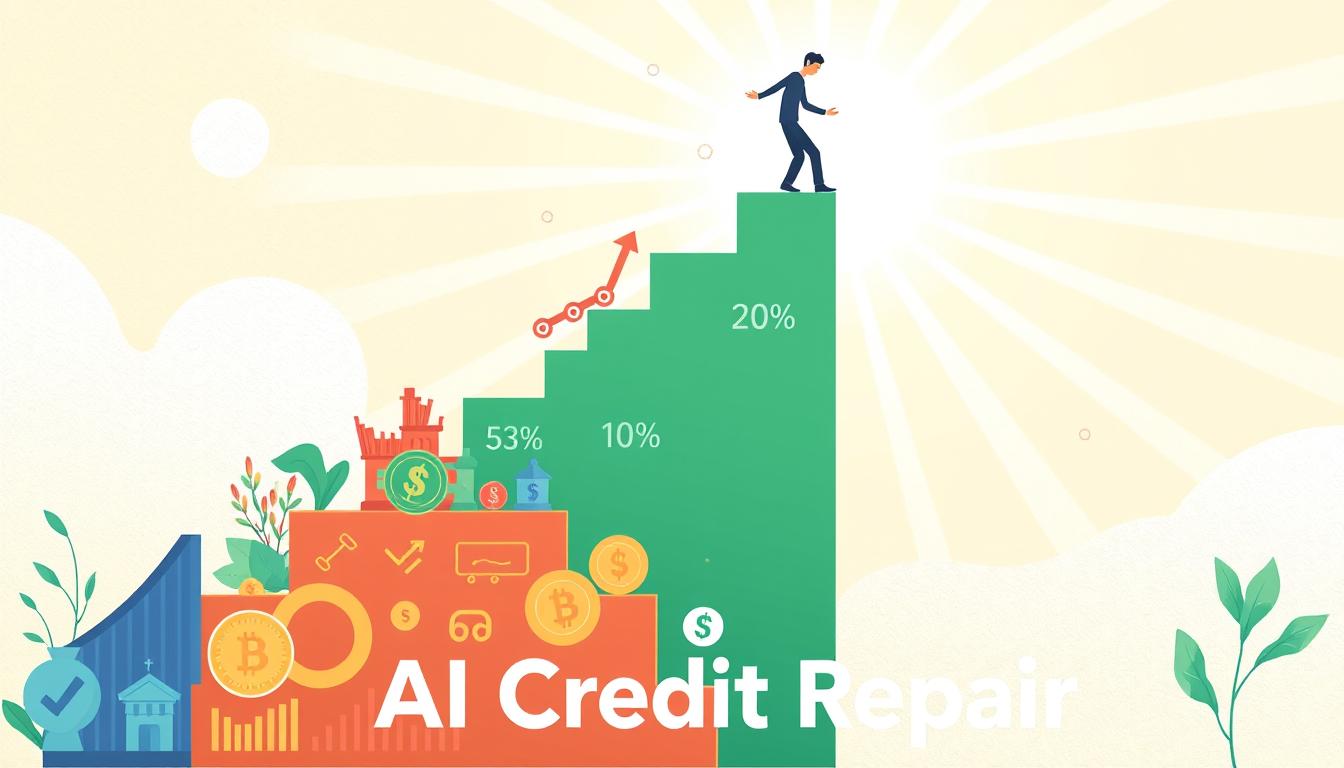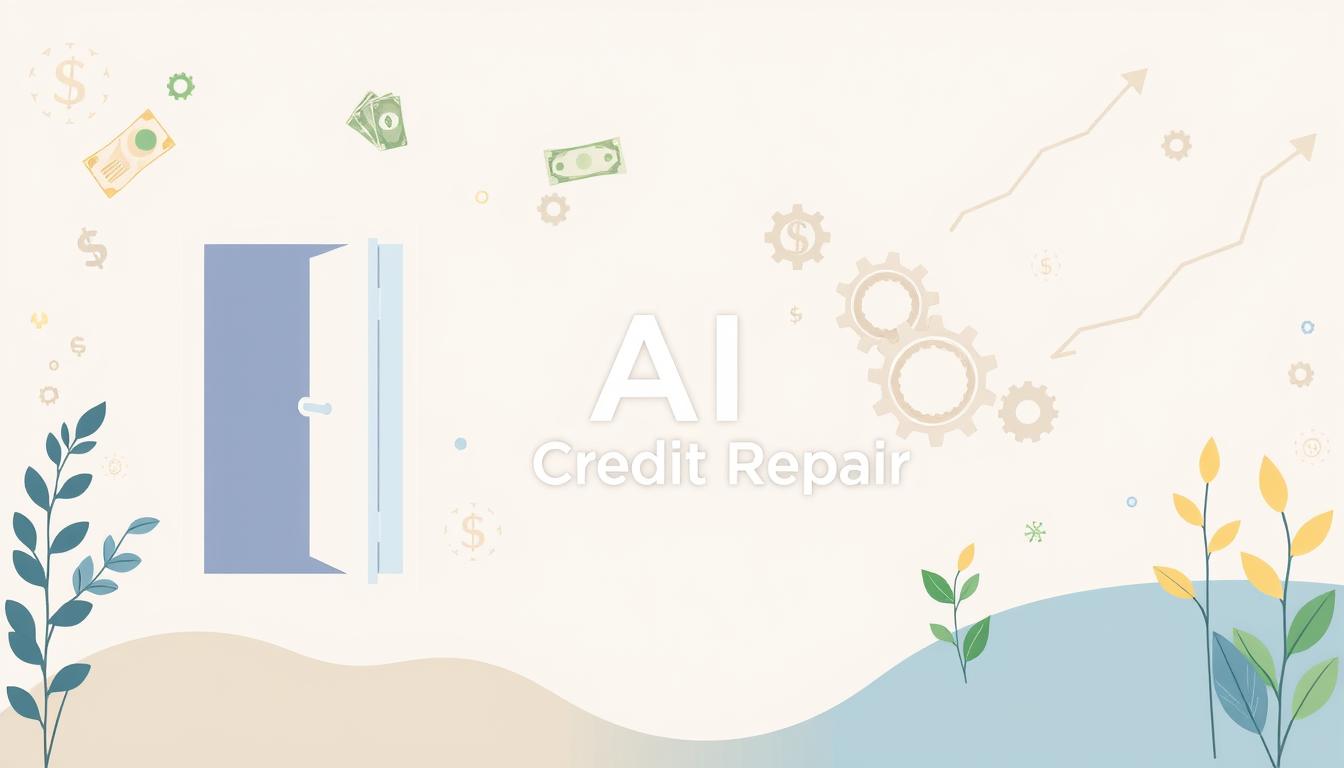Your credit score is crucial for loan eligibility with Credit9, a top financial institution. They have specific credit score requirements for their loan products. Let’s explore Credit9’s minimum credit score policies and factors affecting your creditworthiness.
We’ll also discuss strategies to boost your chances of loan approval. Understanding these elements can help you navigate the loan application process more effectively.
Key Takeaways
- Understanding Credit9’s minimum credit score requirements is essential for securing their loans.
- Your credit score range and the factors influencing it will be examined to determine your eligibility.
- Strategies to improve your credit score can significantly enhance your chances of getting approved for a Credit9 loan.
- Alternative lending options may be available for those with lower credit scores.
- Factors beyond credit score, such as income and debt-to-income ratio, also play a role in Credit9’s approval process.
Understanding Credit9’s Minimum Credit Score Requirements
Your credit score is vital for loan eligibility at Credit9. This number, from 300 to 850, shows your creditworthiness. Lenders use it to evaluate loan applications.
Why Credit Scores Matter for Loan Approval
Credit scores reflect your financial history and behavior. A higher score means lower risk for lenders. This improves your chances of loan approval.
Lower scores may lead to loan denial or worse terms. You might face higher interest rates with a poor score.
Credit9’s Credit Score Range and Tiers
Credit9 groups credit scores into tiers. Each tier has its own requirements and lending terms.
| Credit Score Tier | Credit Score Range | Loan Eligibility |
|---|---|---|
| Excellent | 760 – 850 | Highly likely to be approved for a Credit9 loan with the most favorable terms |
| Good | 700 – 759 | Likely to be approved for a Credit9 loan with competitive terms |
| Fair | 640 – 699 | May be approved for a Credit9 loan, but with potentially higher interest rates or additional requirements |
| Poor | 500 – 639 | May have difficulty securing a Credit9 loan or may only be eligible for less favorable terms |
| Very Poor | 300 – 499 | Unlikely to be approved for a Credit9 loan without additional credit-building efforts |
A good credit9 credit score is key for getting a favorable loan. Knowing the credit9 credit score range helps you prepare. It can boost your approval chances.
How Credit9 Evaluates Your Credit Score
Your credit score is vital when seeking a loan from Credit9. They assess your creditworthiness using various factors. These factors provide insights into your financial history and stability.
Credit9 thoroughly analyzes your credit score. They examine the components that make up your credit profile. This helps them decide on your loan eligibility and terms.
Key Factors Considered by Credit9
- Payment History: Credit9 closely examines your track record of making timely payments on your credit accounts, as this is a strong indicator of your financial responsibility.
- Credit Utilization: They evaluate how much of your available credit you are using, as this can impact your credit score and perceived creditworthiness.
- Length of Credit History: The duration of your credit history is an important factor, as it demonstrates your experience in managing various credit accounts over time.
- Credit Mix: Credit9 looks at the diversity of your credit portfolio, including different types of credit accounts such as credit cards, loans, and mortgages.
- Hard Inquiries: They consider the number of hard credit checks that have been performed on your credit report, as these can have a temporary impact on your credit score.
Credit9 analyzes these key factors carefully. This helps them understand your creditworthiness fully. Their evaluation process is fair, transparent, and tailored to you.

A healthy credit score is crucial when applying for a Credit9 loan. Understanding their evaluation factors can help you. Take steps to improve your credit to boost your chances of approval.
Factors That Influence Your Credit Score
Your credit score is vital for loan and credit card eligibility. It reflects your creditworthiness. Understanding what affects your score helps maintain a healthy credit profile.
Payment History and Credit Utilization
Your payment history greatly impacts your credit score. On-time payments show reliability as a borrower. Late or missed payments can harm your payment history credit utilization.
Credit utilization ratio is another key factor. It measures how much available credit you’re using. Keeping utilization below 30% is recommended. High utilization can lower your score.
Length of Credit History and Credit Mix
The length of your credit history matters. Lenders prefer seeing a longer history of responsible credit management. It shows your experience as a borrower.
A diverse credit mix can boost your score. It shows you can handle different types of credit. This positively affects your overall factors that impact credit score.
“Your credit score reflects your financial health. Understanding its factors helps you make smart decisions to improve creditworthiness.”
Improving Your Credit Score for Credit9 Loans
Want to boost your credit score for Credit9 loans? Don’t fret if you don’t meet their requirements. We’ll explore effective tips to improve your credit score and enhance your financial success.
Strategies for Boosting Your Credit Score
Improving your credit score takes time and effort. The rewards, however, are worth it. Let’s look at some key strategies to boost your credit score.
- Pay all your bills on time. Payment history is the single most important factor in your credit score.
- Keep your credit card balances low. Aim to use less than 30% of your available credit limit.
- Increase your credit limit. A higher limit can lower your credit utilization ratio.
- Become an authorized user on someone else’s credit card. Their positive payment history can help boost your score.
- Monitor your credit report and dispute any errors or inaccuracies you find.
- Avoid closing unused credit cards, as this can negatively impact your credit mix and length of credit history.
Apply these credit score improvement tips consistently. You’ll soon meet Credit9’s minimum credit score requirements. This will help you secure the financing you need.

“Improving your credit score is a marathon, not a sprint. Stick to these strategies, and you’ll see your score climb over time.”
Patience is key when improving your credit score. Your efforts will pay off when you’re approved for Credit9 loans. Stay consistent and you’ll achieve financial success.
Credit9 Minimum Credit Score
Your credit score is vital for securing a Credit9 loan. The credit9 minimum credit score requirement determines your loan eligibility. Knowing this threshold helps assess your approval chances.
Credit9’s lending guidelines set a specific range for the credit score needed for credit9 loan approval. Applicants must have a minimum credit score of 600. If your score is below 600, you may not qualify.
Credit9 also considers other factors besides your credit score. These include income, debt-to-income ratio, and employment status. These elements help assess your financial stability and repayment ability.
“Maintaining a healthy credit score is crucial when it comes to securing a loan from Credit9. By understanding their minimum credit score requirements, you can take steps to improve your creditworthiness and increase your chances of getting approved.”
Don’t lose hope if your score is below the minimum. You can improve your creditworthiness with effective strategies. Focus on payment history, credit utilization, and credit mix to build a stronger profile.
The credit score needed for credit9 loan approval isn’t the only eligibility factor. Understanding Credit9’s criteria can boost your loan approval chances. Take steps to strengthen your financial standing for better results.
Alternative Lending Options for Low Credit Scores
Don’t fret if your credit score doesn’t meet Credit9 loan requirements. Other lending options exist for those with low credit scores. These alternatives can help you access needed financing.
Peer-to-peer (P2P) lending is one option to consider. Platforms like Lending Club and Prosper connect borrowers with investors. They often have more flexible credit requirements than traditional lenders.
This can be a good choice for those seeking loans for people with bad credit. P2P lending provides an opportunity to secure funds despite credit challenges.
Secured loans are another alternative. These require collateral such as a car or home. While this adds risk, these loans can be more accessible for those with low credit scores.
Online lenders like Avant and OneMain Financial offer secured loan options. These can be helpful for those exploring alternative lending options for low credit scores.
| Alternative Lending Option | Pros | Cons |
|---|---|---|
| Peer-to-Peer Lending |
|
|
| Secured Loans |
|
|
These alternatives may be more accessible for those with credit9 alternatives for low credit. However, review terms, interest rates, and repayment schedules carefully. Make sure they align with your financial goals and abilities.

The Role of Income and Other Factors
Your credit score is important, but Credit9 looks at other financial aspects too. They check your income, debt-to-income ratio, and employment status. These factors are crucial in deciding if you get a loan.
Debt-to-Income Ratio and Employment Status
The debt-to-income ratio compares your monthly debts to your monthly income. Credit9 uses this to assess your income impact on credit9 loan eligibility. A lower ratio shows you manage your finances well.
Your employment status is also key for credit9 loan approval. Steady jobs prove you have reliable income. This can boost your chances of getting a credit9 loan.
| Metric | Impact on Credit9 Loan Eligibility |
|---|---|
| Debt-to-Income Ratio | Lower ratio demonstrates better ability to manage existing debt, increasing chances of loan approval. |
| Employment Status | Steady employment indicates a reliable source of income to make loan payments, positively affecting debt-to-income ratio. |
Knowing how income, debt-to-income ratio, and employment status affect Credit9 loans is helpful. It can improve your chances of getting the financing you need.
Understanding Credit9’s Approval Process
Applying for a Credit9 loan doesn’t have to be complicated. By knowing the steps, you can boost your chances of approval. Let’s explore the Credit9 loan application process.
Submitting Your Loan Application
The first step is submitting your loan application. You’ll need to provide personal and financial details. These include your name, address, job status, income, and credit history.
Having all necessary documents ready can speed up the review process. A complete application helps Credit9 assess your request more efficiently.
- Gather the required personal and financial documents.
- Fill out the credit9 loan application, either online or through a representative.
- Submit your application and wait for the review process to begin.
Credit9 will evaluate your creditworthiness during the review. They’ll look at your credit9 loan approval process and steps to apply for credit9 loan. Your ability to repay the loan is a key factor.
| Factors Evaluated | Description |
|---|---|
| Credit Score | Credit9 will review your credit score to determine your creditworthiness. |
| Income and Employment | Your stable income and employment status are crucial for loan approval. |
| Debt-to-Income Ratio | Credit9 will assess your ability to manage the new loan payment along with your existing debts. |
Knowing what to expect when applying for credit9 loan helps you prepare better. Provide clear, accurate information to improve your chances. A strong financial profile can help secure your Credit9 loan approval.
Keeping Your Credit Score Healthy
A good credit score is vital after getting a Credit9 loan. It affects your future financing options. Here are some ways to keep your credit score high:
Your credit score opens doors to better financial opportunities. Let’s explore strategies to maintain a strong credit standing.
- Make Payments on Time: Payment history greatly impacts your credit score. Always pay your loans and credit cards on time.
- Keep Credit Utilization Low: Try to keep your credit card balances below 30% of your limit. High usage can hurt your score.
- Monitor Your Credit Report: Check your credit report often for mistakes. Fix any errors you find to keep your history accurate.
- Diversify Your Credit Mix: Having different types of credit can boost your score. Mix credit cards, loans, and other financing.
- Avoid Unnecessary Hard Inquiries: New credit applications can lower your score temporarily. Be careful when applying for new credit.
These tips for good credit health can help you maintain a healthy credit score. They ensure you have access to needed credit score management strategies.
Good credit habits can help you reach your money goals. Think of it as tending to your financial garden.
“Maintaining a good credit score is like tending to a garden – it requires consistent effort, but the rewards are well worth it.”
Common Credit Score Myths and Misconceptions
Credit scores are often misunderstood. Let’s clear up some common myths about credit scores. Understanding these facts can help you manage your credit better.
Myth: Checking Your Credit Score Hurts It
This myth is false. Checking your own credit score through Credit9 or other apps doesn’t lower it. These checks are “soft inquiries” and don’t affect your score.
Regular credit report reviews are a smart financial habit. They help you stay on top of your credit health.
Fact: Paying Off Debt Can Improve Your Score
Paying down debt, especially credit card balances, can boost your score. Credit utilization is a key factor in credit scores.
Lower balances often mean better scores. This is because you’re using less of your available credit.
Myth: All Credit Scores Are the Same
In reality, there are multiple credit scoring models, each with their own unique algorithms and scoring ranges. FICO is the most well-known, but lenders may use others.
It’s crucial to know which score a lender uses. This helps you understand your chances when applying for loans.
| Credit Score Myth | Reality |
|---|---|
| Checking your credit score hurts it | Checking your own credit score does not result in a hard inquiry |
| Paying off debt won’t improve your score | Paying down balances, especially on credit cards, can boost your score |
| All credit scores are the same | There are multiple credit scoring models, each with their own algorithms and scoring ranges |
Knowing credit score facts helps you make smarter financial choices. It’s key to building a strong credit profile.
Take time to learn about credit scores. This knowledge can lead to better financial health.

Conclusion
Understanding Credit9’s minimum credit score requirements is crucial for securing financing. You can take steps to improve your credit score and boost your approval chances. This article provides strategies to help you achieve that goal.
Maintaining a healthy credit profile is key for Credit9 loan eligibility. Managing credit utilization and building diverse credit history are important factors. Your income, debt-to-income ratio, and employment status also play significant roles.
To improve your credit score for Credit9 loans, stay vigilant and avoid common myths. Regularly monitor your credit health to navigate the approval process successfully. These actions will help you achieve your financial goals.

